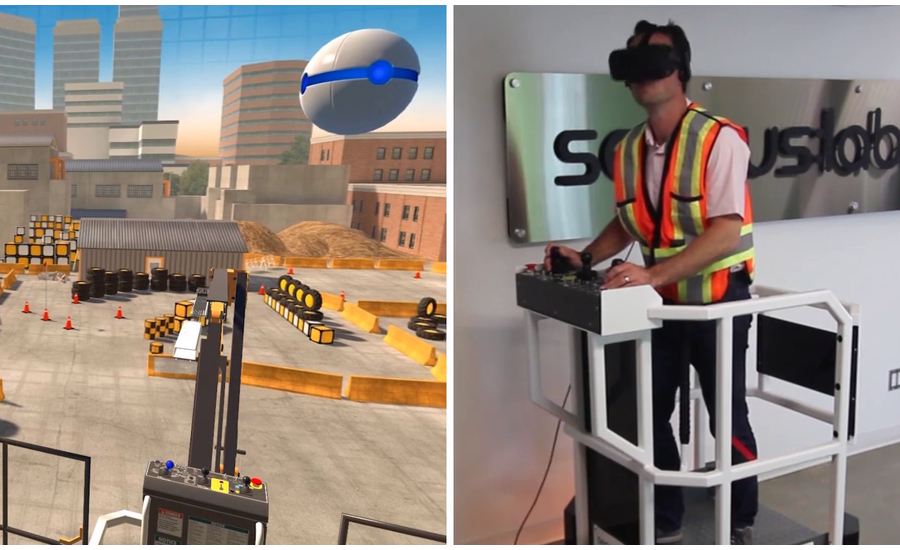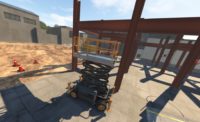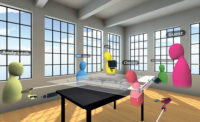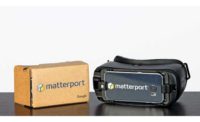When designing virtual-reality training programs for equipment operators, Serious Labs works to simulate as much of the real-life experience as possible.
“With VR, we can put someone at height to see if they can work at height—really take them to the edge of danger,” says Jim Colvin, CEO of Serious Labs. The company has spent more than a decade developing both 2D and VR training simulations for the energy, mining and construction industries. But recent investments by United Rentals and other construction-related firms have spurred it to expand vastly its construction-equipment VR training offerings.
Currently, the company offers training modules for aerial work platforms and mobile cranes, where trainees wear a VR headset and manipulate controls identical to those found on actual equipment.
“Right now, we have over 200 activities for a crane operator to experience, and our library is growing all the time,” says Colvin. With United Rentals’ investment, Serious Labs is building simulators for forklifts, skid steers and dozers. “Our team is working on the physics of how dirt behaves so we can be accurate during earthmoving simulations,” he says.
Working within the confines of simulated equipment cabs or work platforms is just one approach. The company also is developing a collaborative VR training environment, called One Room, that will let multiple users work in the same space.
“You can have two or 20 users work together in any environment we can build,” says Wade Carson, director of business development. “We could have an instructor record the correct sequence of doing something and play it back for others.”
The International Union of Painters and Allied Trades is now using Serious Labs’ VR training for aerial work platforms. The union also has expressed
interest in the One Room concept.
“It’s hard to get people on site and train on real equipment,” says John Burcaw, strategic initiatives coordinator for IUPAT’s Finishing Trades Institute (FTI). “When I came up in the trade, the boss handed me the keys and said, ‘Don’t die today,’ ” he recalls. “With VR, we can augment how we train workers and get them more ready for the field.”
So far, FTI has focused on the VR modules for aerial work platforms, teaching younger workers how to steer and maneuver the machines in confined spaces and busy jobsites. “The platform has actuators, and it captures the subtle motions of the basket when the boom moves. We have workers afraid of heights, and they get off real quickly!” says Burcaw. “We’d like to see this sort of equipment-familiarization become a standard part of our training.”
“With VR, we can train someone new to the field on the safe use of aerial work platforms in a completely safe environment,” says Kenneth Rigmaiden, IUPAT general president. “The Serious Labs technology we’re using today could easily be the beginning of a new way of training craftworkers. There are truly endless possibilities for this technology in training.
The text of this article was updated on Oct. 25, 2017 to reflect new information.






Post a comment to this article
Report Abusive Comment